Following The Film Stage’s collective top 50 films of 2024, as part of our year-end coverage, our contributors are sharing their personal top 10 lists.
The point is not to be fair, but to deliver gut-level reactions; to find the films that made me swivel my head and throw up my arms in frustration. 2024 was an uneasy year and I was naturally attracted to films that disquieted me. Well-made exercises in genre craft and compact auteurist style like Juror #2 and Furiosa: A Mad Max Saga often failed to deliver more than easy admiration and placid acknowledgment of their skill. One of the biggest runner-ups to my top 10 list, The Brutalist, won me over not as the epic statement on American identity that it has been advertised as, but as a punkish anti-film with a grating penchant for blunt transgression and risible politics. The world is at war and politics have failed us. Failure, cognitive dissonance, and repulsion feel like the only true insights. Amidst the endless trudge of zombie neoliberalism, late style started to feel like the only vivid, truly alive, form of moviemaking left.
One of the most maddening things about awards season is the yearly strut toward mediocrity. Consensus candidates that nobody loves, but many tolerate, uniformly rise to the top; those well-manicured films, bereft of surprises and endlessly exhausting in their predictable beauty and human-interest angles. If 2024 taught me anything it’s that one of the worst parts of democracy is having to vote. Give me dissensus over consensus any day. So here then is less a “best of…” then an “I’ll be thinking of…” list: an index of where my mind currently is and where it will likely remain for months, if not years, to come. Movies I enjoy for their flaws as much as their strengths. To borrow from Adorno, another interest of mine this year, these movies are all, to me, reflections from damaged life.
10. Close Your Eyes (Víctor Erice)
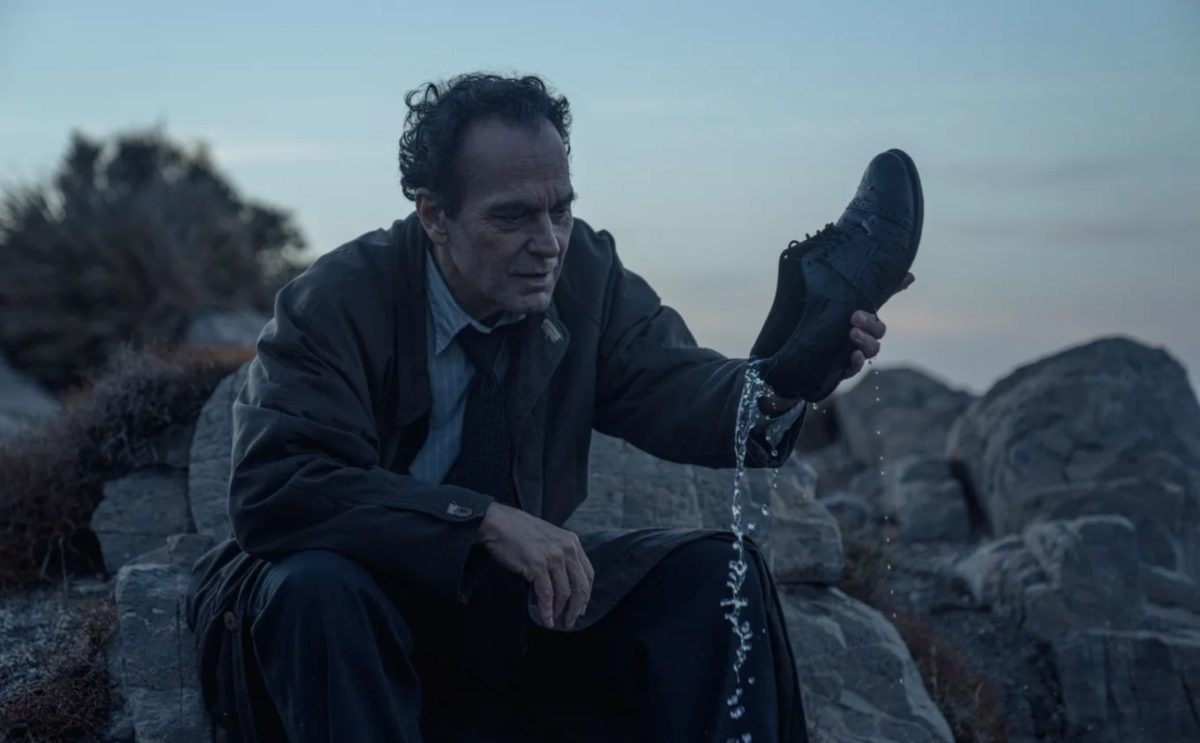
The quintessential old man arthouse film, it even challenges you not to fall asleep with its title. The first 90 minutes bored me; pleasing in a prestige TV way yet elusive in its matter-of-fact manner and drawn-out nostalgia-heavy conversations. The following 90 minutes left me feeling like I had seen god. There was a spiritual intensity to the close-ups, a sense of fully seeing a human being in all their immediacy, that evoked the poetics of silent cinema. The Dreyer resonances have been laid on thick, but Erice manifests the spiritual in the profane in a way few other filmmakers are capable of. A love letter to cinema (what a cliche!) that isn’t afraid to search for its very essence.
9. The Shrouds (David Cronenberg)
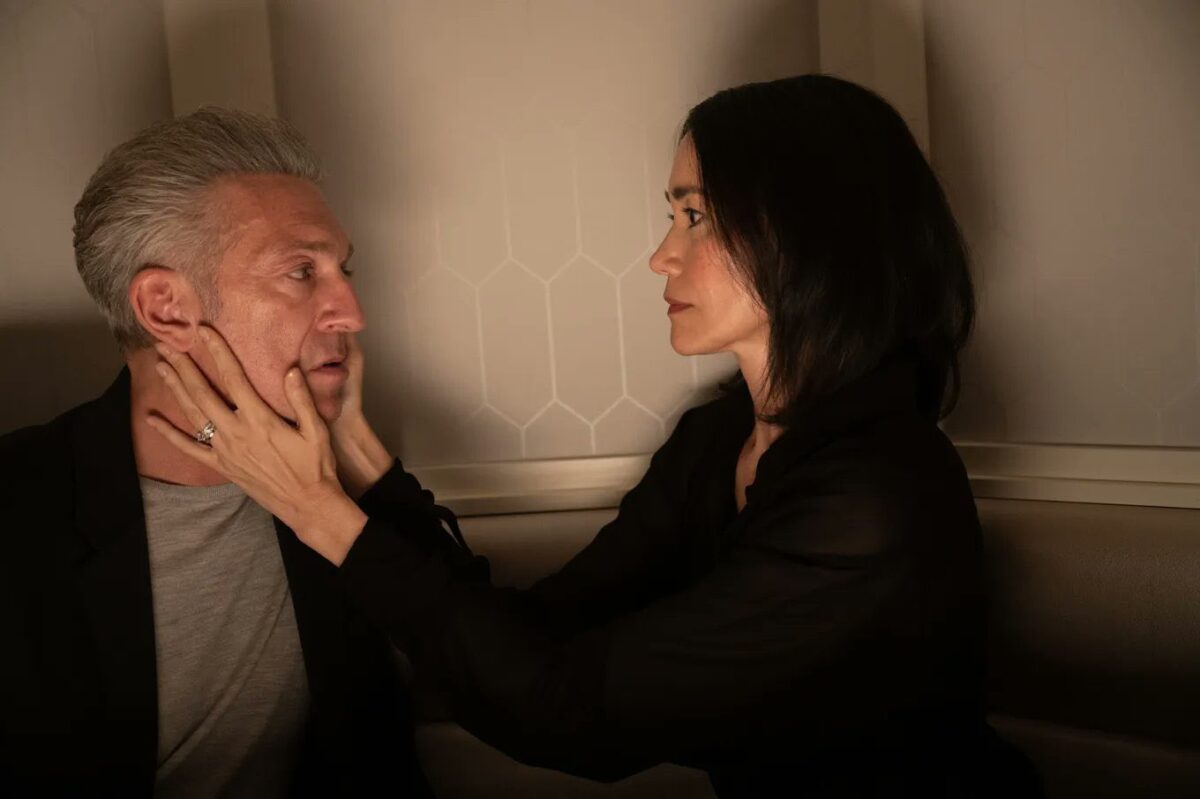
The paranoid shaggy dog story of the year. Cronenberg builds a portrait of the perverse morbidity lingering around the grieving process, only to throw up his hands halfway through to yell something vaguely sinister about the Chinese. The Pynchonian cyber-thriller isn’t going anywhere, not in a world as inscrutable as ours, and The Shrouds, originally written as two episodes of a Netflix show, is hysterically opaque. It’s impossible to tell if we’re getting the whole plot, half of it, or barely anything at all. Either way, it embodies the melancholic, affectless void of our digital reality: all cool surfaces, non-places, and digitally mediated emotions. There is no reality anymore, just bad vibes, and the semi-toneless performance of Vincent Cassel in Cronenberg look-alike mode feels wholly unreal. The emotions can be implacable, but even if I don’t fully know what I felt during this movie––some semi-coherent mix of repulsion, arousal, boredom, amusement mix––I’m still convinced the Russians were behind it.
8. Christmas Eve in Miller’s Point (Tyler Taormina)
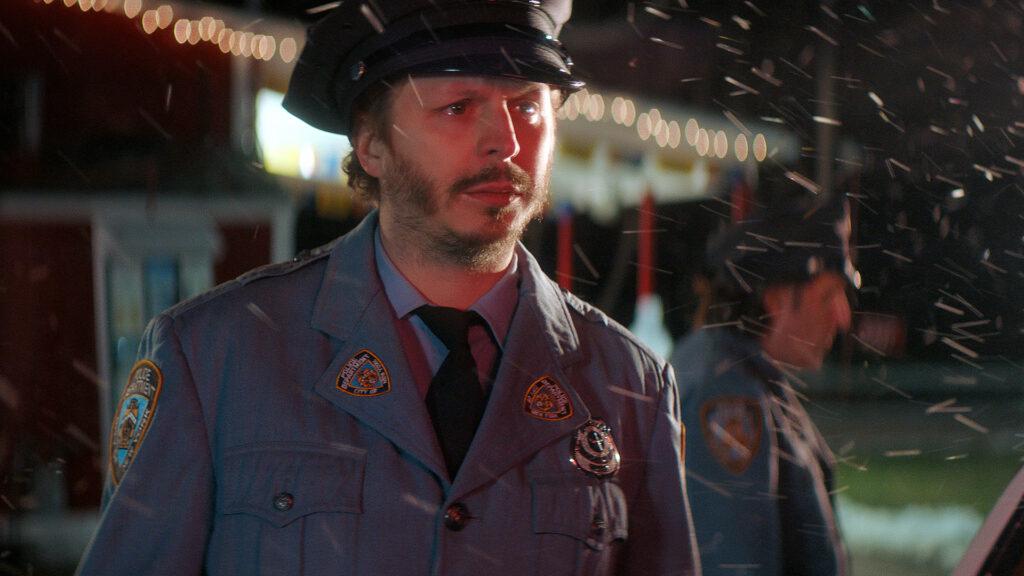
Let its ambitions count for its achievements. Let the momentary pleasures of the sounds, images, and performances fill you up with the sensation of pure cinema. Not every favorite film is perfect. Spielberg by way of Wallace Stevens and Robert Altman. Christmas Eve is a diffuse movie, filled with sensory impressions and expressive gestures. It’s a cinephile movie that aims at the most popular, hallmark-ready emotions and iconographies, yet delivers them with such stunning panache and intensity of detail. Faces dominate; wonderful, expressive faces that left me smiling joyfully almost every time a character was introduced. Even the faces of the crew members during the credits left me agog! You can feel Taormina still finding something in his style, struggling to match form to emotional insight and aesthetic expressivity, there’s an occasional (and deliberate) stiffness that doesn’t always square well, but no other American film left me this optimistic about our cinema.
7. Here (Robert Zemeckis)
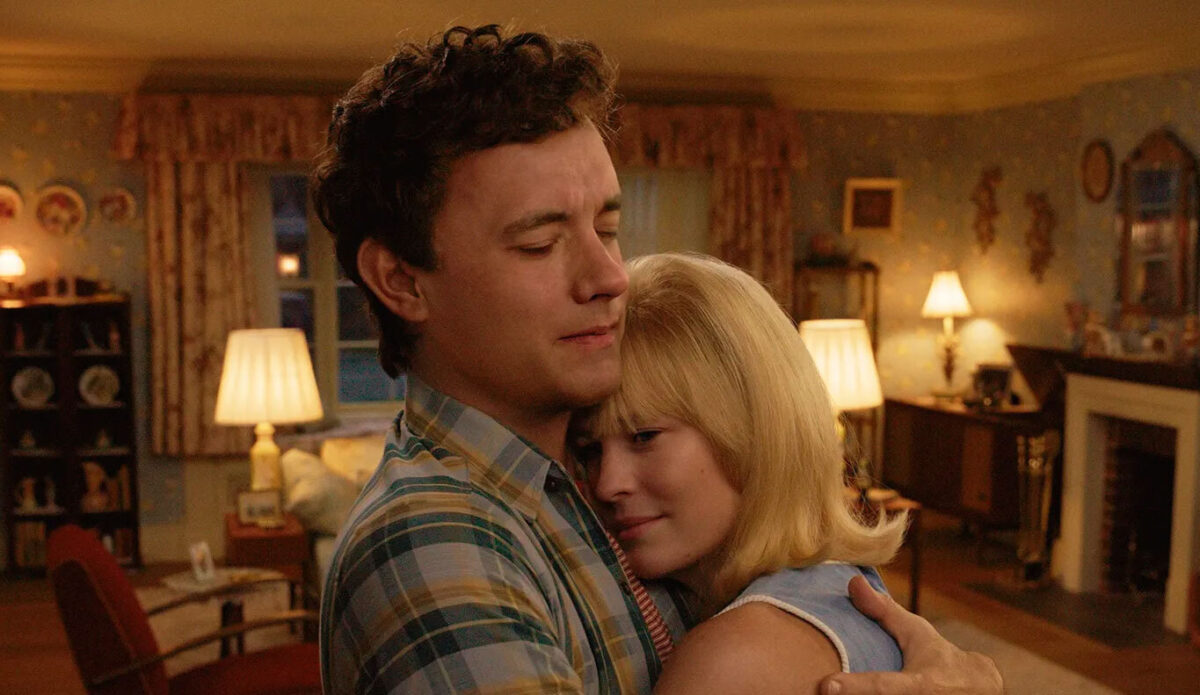
Frank Capra’s Zone of Interest. Tom Hanks in full George Bailey mode comes to represent all the hopes and failures of the boomer generation and, vicariously, that vicious delusion we call the American dream. They say the word “here” enough times in this movie that it begins to take on the tone of Beckettian absurdity. That the film attempts to transcend time itself while simultaneously feeling incredibly, fetishistically, idiotically 2021 is part of the charm. Covid deaths, Spanish flu jump-scares, BLM convos, and land acknowledgments form much of the contextual material that’s supposed to turn this corny, living room set Forrest Gump rehash into a Tree of Life sequel. It doesn’t, but I like the heartfelt sincerity and wonky idiocy of it all. What does help the film a long way toward becoming a consummate piece of art is the alien, surveillance-cam-like vantage point we are fixed to throughout the entire film. This is the offputting domestic space of a Roy Anderssen movie or David Lynch’s Rabbits, not Spielberg-landia. The stasis; the suffusion of failure and disappointment; the way simple consumer goods, like couches, TVs or Christmas trees, can take on their own lives, melodramas, and alien emotions: all of this is why Here remained one of the most fascinating films of 2024.
6. Misericordia (Alain Guiraudie)
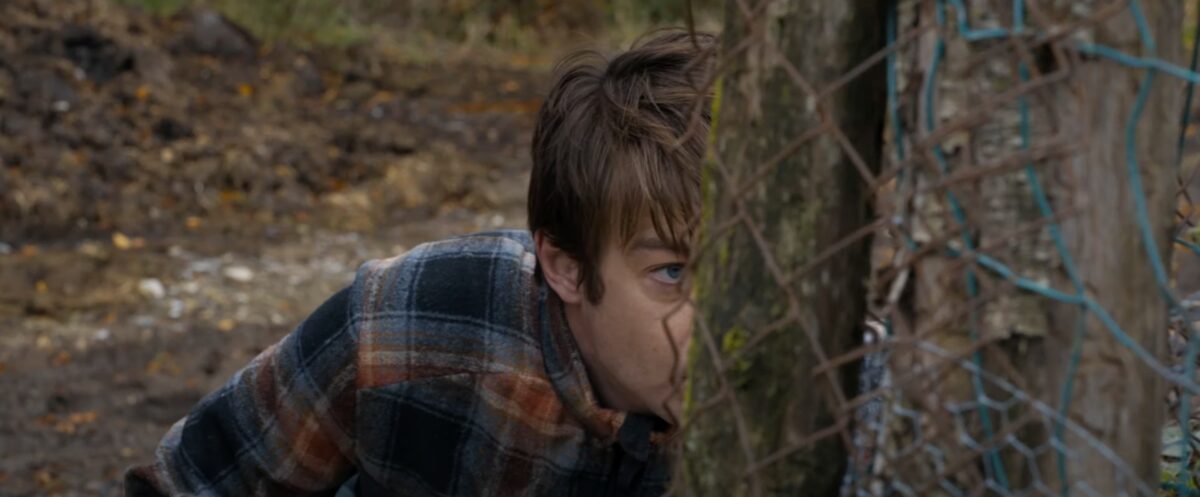
Another heartwarming statement on the terribleness of humanity. Pair this with Bruno Dumont’s France and bask in the moral nihilism that makes contemporary Europe such a contemptible place. Misericordia is one long boner joke stuffed with sublimated desire and aggression; tenderness paired with a steely emotional distance. The first full belly laugh of the film comes in its closing stretch, yet instantly throws everything prior into sharp comedic relief. A murder-mystery suddenly becomes a screwball comedy and all the uncertainty, anxiety, and melancholy is just fodder for queer farce. Misericordia means mercy and it’s a priest who reminds us that even our most unpardonable sins, like murder, are just more of life’s little trifles. In this quintessentially autumnal film, desire––passionate or not; unconsummated or not––is what’s important. Death is just another unwelcome visitor, along with accountability, that’s easily whisked out the door with a humongous erection.
5. Trap (M. Night Shyamalan)
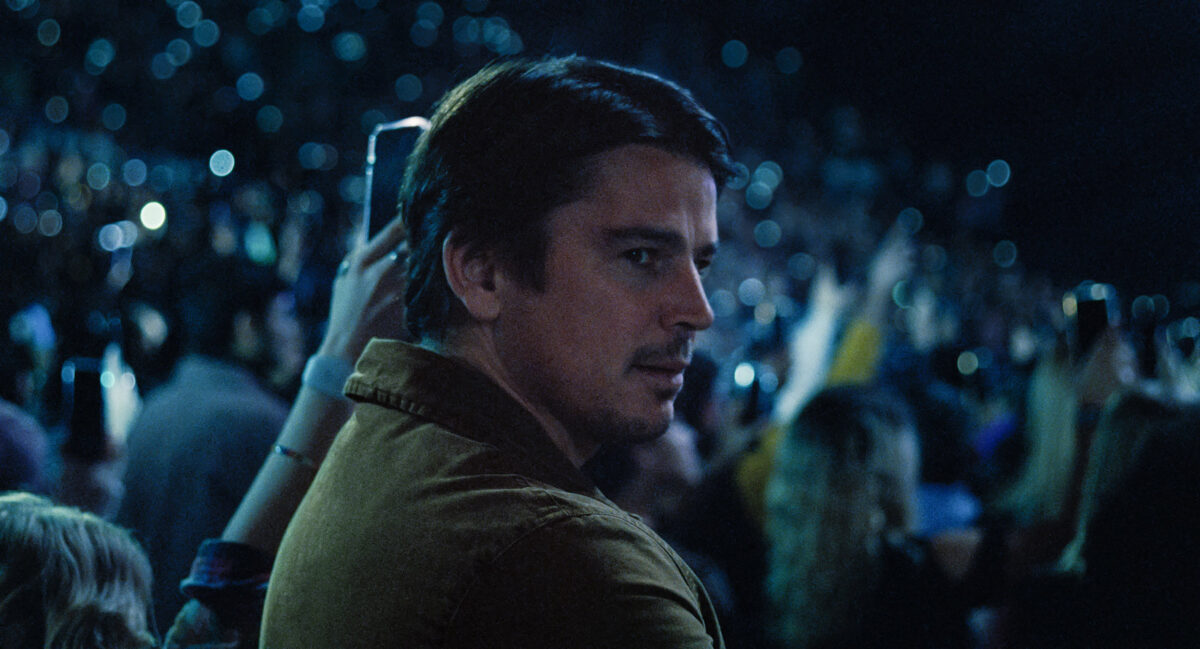
My love for Trap operates strongest on a meta level. M. Night Shyamalan set out to make a movie to showcase his daughter’s music and delivered the ultimate statement on the demonic side of paternalism. It’s a serial killer movie, not a concert movie. It’s a movie about a dad (Josh Hartnett or Shyamalan himself, you pick) too preoccupied with his own sinister, violent instincts to adequately pretend he actually likes the entirely serviceable (and forgettable) pop his daughter adores. It’s an exercise in the dynamics of attraction and repulsion. In order to escape from the dumb tweeny scene this dad has been roped into, he’s got to go deeper into it, closer to the stage, ride the wave of the songs themselves. Until, eventually, the film flips. Saleka Shyamalan takes over, the film devolves into a slightly tiresome mess, and Shyamalan Sr.’s fondness for half-baked psychology rises to the fore. But that’s not the point. The point is Josh Hartnett’s devilish smile, which pervades the film and ends it on a note of pure joy. It’s a joy of sadomasochistic perversity.
4. Megalopolis (Francis Ford Coppola)
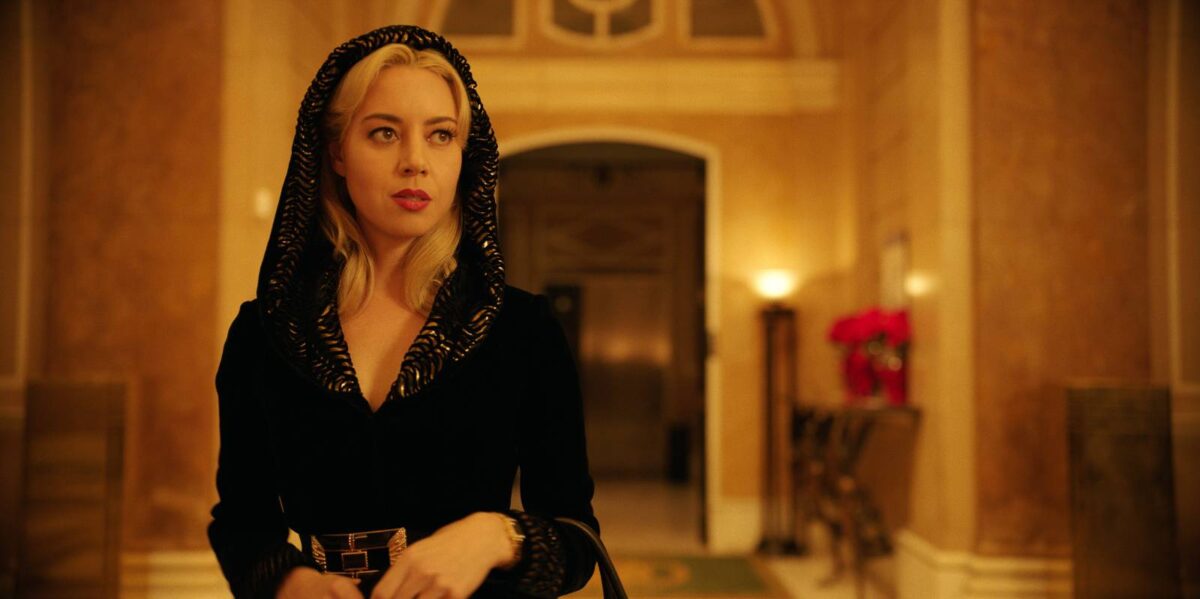
I left the theater in a fit of baffled amusement, unsure if what I saw was awful or merely ok. Two hours later I had convinced myself it was a masterpiece. It tore my brain apart in ways I still don’t wholly fathom. I don’t trust most people who love Megalopolis. I don’t trust anyone who finds it profound or takes it seriously. I also don’t trust anyone who dismisses it as trite, shoddily made trash. I don’t trust them because I don’t think trash can be dismissed as such, but I also don’t need to justify it with a claim to profundity. Megalopolis is a garish work filled with two-bit philosophy and possibly the most unimpressive vision of a future utopia I’ve ever seen. Aesthetically it’s the most imaginative American film I’ve seen since god-knows-when and has left my mind flooded with its psychedelic imagery for months. I spent half the movie laughing at it, only to realize it was laughing with me all along. Megalopolis is a movie beyond reason and rationality. Ironically so, since its message is an appeal to reason and democratic decency. Whenever I meet someone new these days I often ask them if they’ve seen Megalopolis. Their answer tells me scores about them as a person. It’s a Rorschach test; a wholly unplaceable movie that constantly mutates before your eyes. Good art is unstable. Megalopolis is an earthquake.
3. Chime (Kiyoshi Kurosawa)
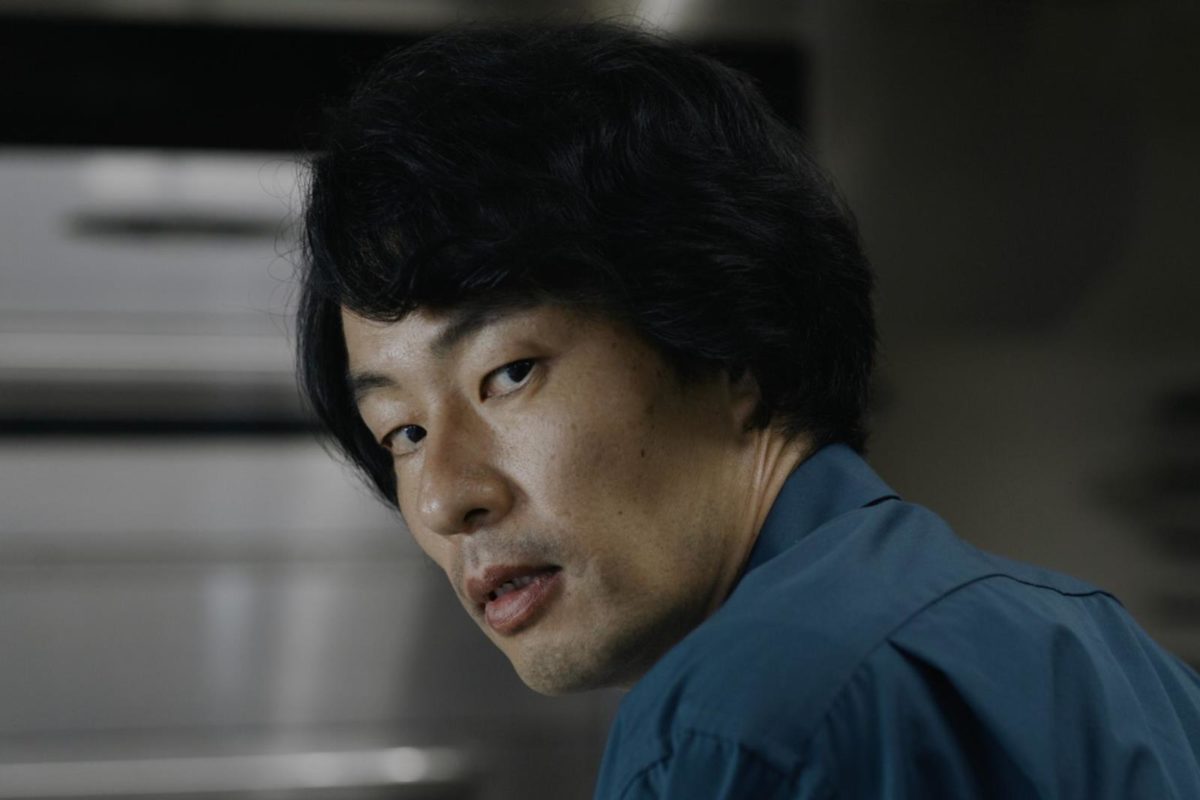
Too many horror movies these days come with quotation marks around them. Their overt messaging about socio-psychological ills feel ready-made to intellectually validate our interest in what’s long been the ultimate bad-taste genre. But the ability to take relief in feeling bad is more than enough. Luckily, Kiyoshi Kurosawa would never let a metaphor get in the way of a mood. Chime can be allegorized up the wazoo, but its meaning and messaging is purely somatic. It’s Munch’s “The Scream” brought to cinema: 45 minutes of unplaceable terror aimed at modern life. A sound, a chime, turns people into sociopathic killers. Where does this chime come from? What does it mean? Nowhere, nothing. It’s meaningless, wholly abstract. It carries with it the entire intangible weight of being alive.
2. Last Summer (Catherine Breillat)
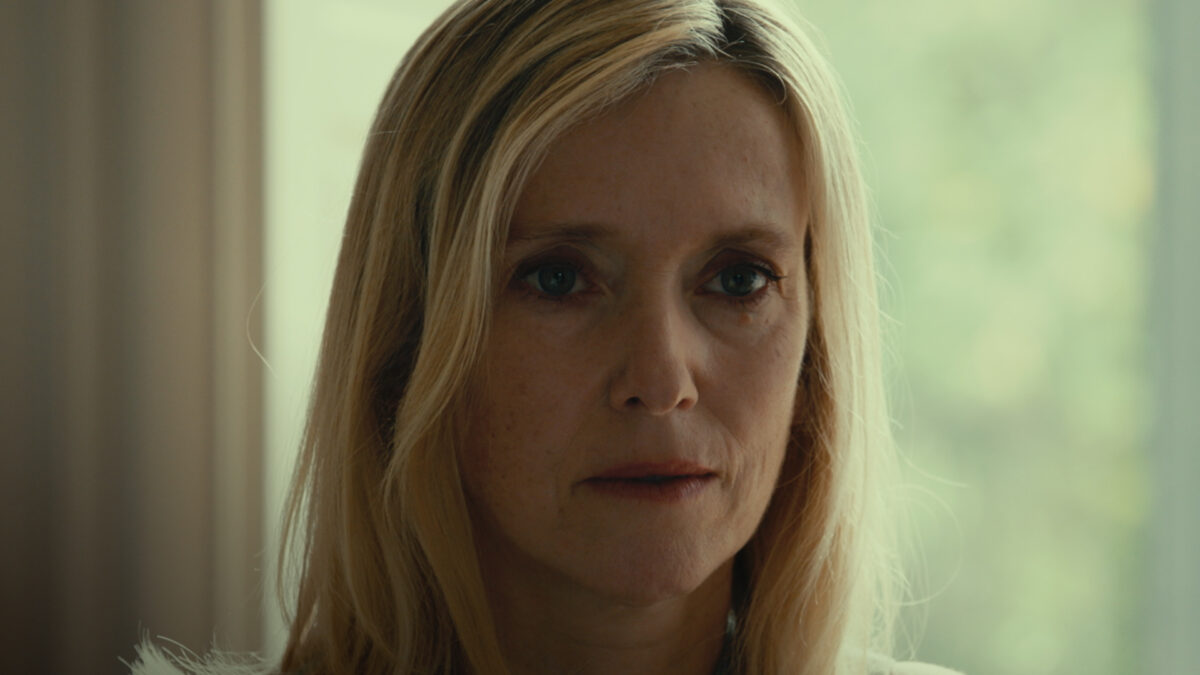
A photo-negative version of Verhoeven’s Basic Instinct: Catherine Breillat confirms all those hysterical masculine suspicions over women’s true succubistic nature. Yes, they hold all of the sexual power. And so what? She seems to say in Last Summer. Marriages persist, families go on. Domesticity smoothes over all rough edges, even if it’s nothing more than a shiny illusion: powerful enough to linger slightly beyond the final fade, but not strong enough to face the truth. Last Summer may be our best #MeToo movie: it twists and turns around ideas of sex and power, stoking many of our deepest taboos without making any moral claims. Come for the reports of Woody Allen sightings at screenings; stay for the profound, neoclassical sense of visual and actorly craft.
1. Afternoons of Solitude (Albert Serra)
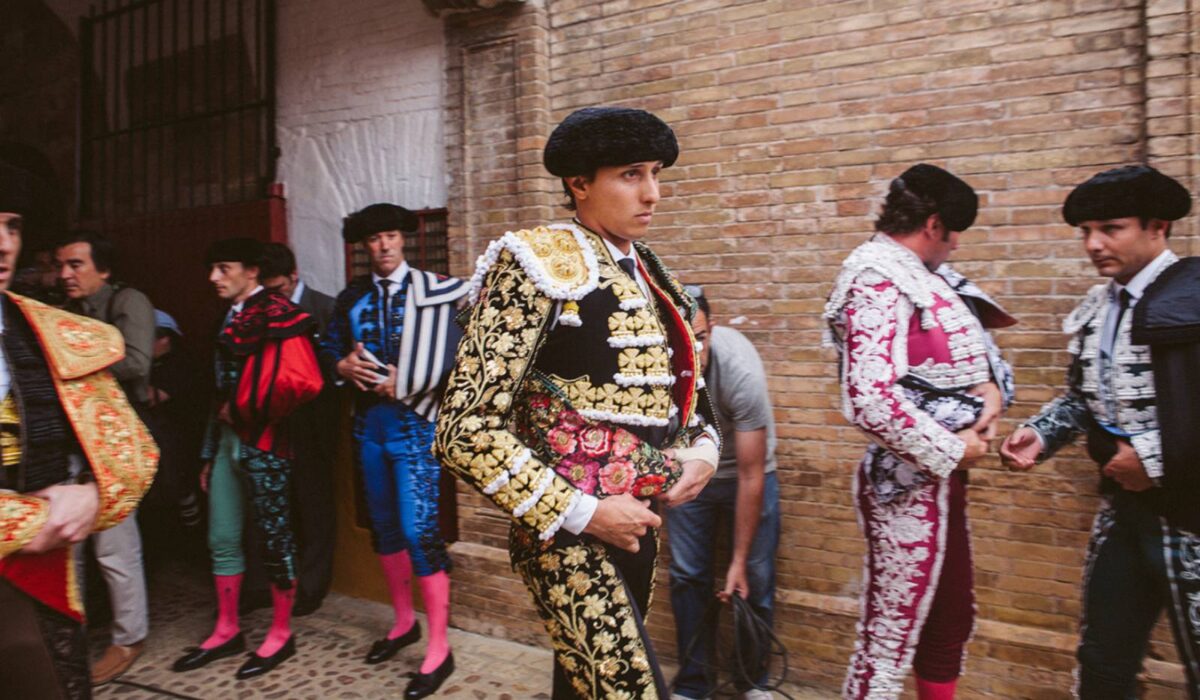
Serra’s film was the only film this year that felt like a fully accomplished piece of total art: an entire aesthetic experience unto itself, fully informed by its own mysterious interior logic. Serra works as a painter, not as a dramatist, constantly seeking to uncover the emotional terrain of his canvas. The bullfights on display in this film are horrendous, vibrating between complete abjectivity and wondrous vitality. The glory of life, the glory of death; implacable chatter about the matador’s cojones. Ultimate machismo embodied in the feminine frame and baby face of bullfighter Andrés Roca Rey. His close-ups, which dominate large stretches of the film, convey an entire spiritual world unto themselves: fear, joy, passion, vitriol, and, yes, solitude. It’s the solitude which gives Serra’s vision of Rey such a sense of singularity. An intensity reminiscent of Griffith.
